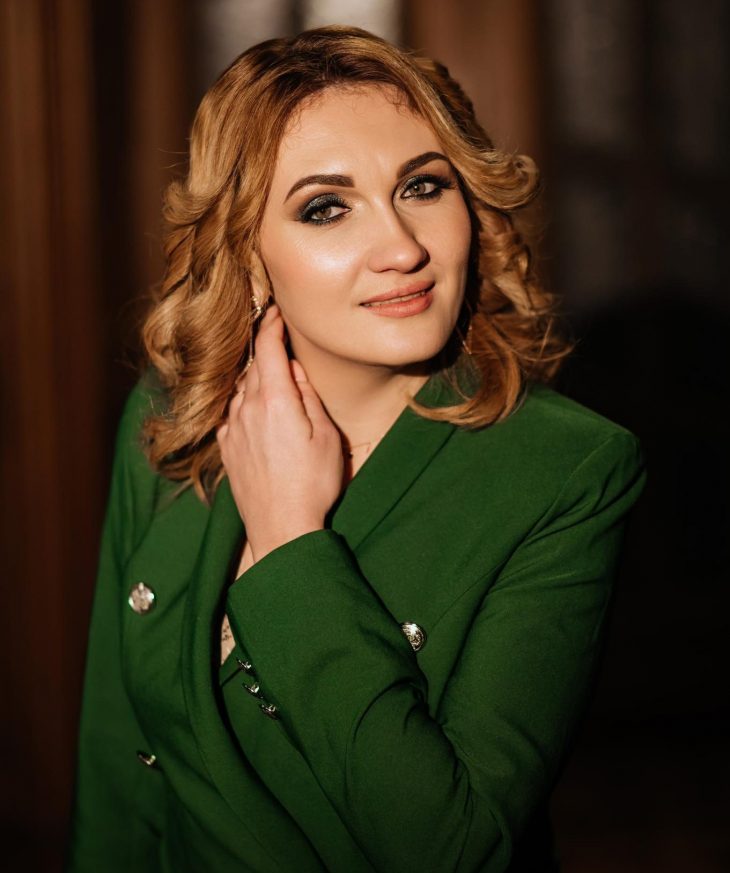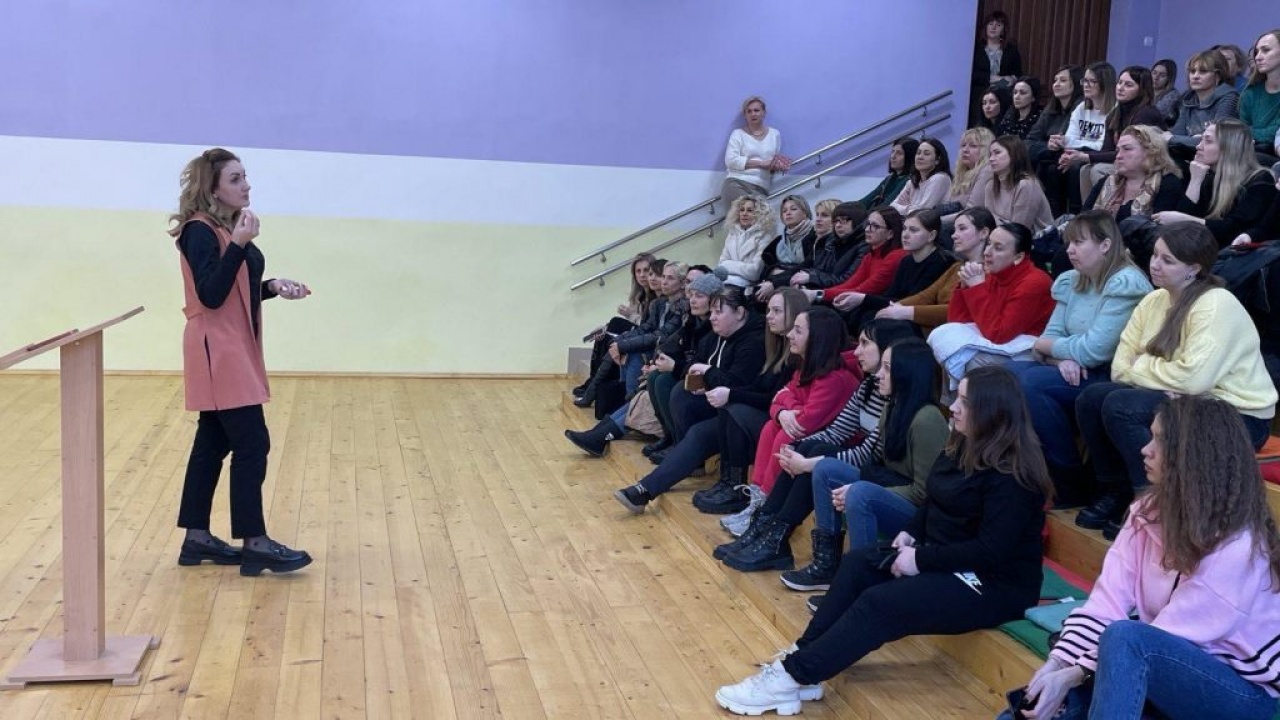The author of this guidebook is Oksana Hil, co-coordinator of the School DOCU/WEEK 2024, headmistress of the democratic Alterra School, and teacher of Ukrainian language and literature. This guidebook is the culmination of her several years of experience as a moderator of the Docudays UA film club at Ternopil educational institutions. Oksana conceived the idea of integrating documentary films into the educational process long ago: “Human rights films reveal to students not only a world of facts but also the depths of human experience, enabling them to develop empathy and critical thinking. By integrating such films into elective courses and clubs, teachers become guides in the process of exploring significant social topics that stimulate discussions, encourage action, and foster the development of conscious citizens. This approach goes beyond traditional teaching; it is a shared journey in discovering the power of humanity and responsibility.” The guidebook comprises two sections, offering recommendations for incorporating documentary films into elective courses and club activities. Educators teaching courses on Social School Entrepreneurship, Ukrainian Studies, The Land Where We Live, We Call Ukraine, and My Civic Consciousness. Preventing Corruption will find guidance on how to use documentaries to create an engaging and informative learning environment. The guidebook provides out-of-the-box ideas for implementing the educational program and offers examples of practical exercises to help achieve the goals of the educational process. Oksana Hil Teachers of Law, Environmental Protection and Rational Nature Management, Ecology, and Eco-style: Waste Management will learn how to use documentary films to develop students’ understanding and respect for human rights and educate them on the legal aspects of civil society. Teachers of the clubs and elective courses mentioned in the guidebook can also benefit from the suggested list of films from the DOCU/CLUB Network collection in their work with children. The experience of Docudays UA film clubs in educational institutions demonstrates that documentary films not only enrich children’s knowledge and diversify the educational process but also develop critical thinking and foster an active civic stance. Oksana Hil emphasizes, “Human rights documentaries are a powerful tool for educating conscious citizens. They inspire children to research, analyze, and understand complex issues of the modern world. Introducing such films into clubs and electives helps create an environment for dialogue, where children learn to value the rights of every person and find their own voice in matters of justice. This approach will transform education into not only a source of knowledge but also a catalyst for change." We are confident that the guide Human Rights and Documentary Films: Possibilities of Integration into the Educational Process will further integration of documentary films into school curriculum, conveying human rights awareness to the younger generation of Ukrainians. This guidebook was prepared with the financial support from the German Marshall Fund of the United States of America. Its contents are the sole responsibility of the NGO Docudays and do not necessarily reflect the views of the German Marshall Fund of the United States.
The DOCU/CLUB Network Team presents the guidebook for teachers
26 December 2024How to integrate documentary films into school subjects and courses for students in grades 8-11? How to use documentaries at clubs and during extracurricular activities? Which films to choose and what tasks to assign to children during discussions? These questions, among others, are addressed in the guidebook Human Rights and Documentary Films: Possibilities of Integration into the Educational Process.
